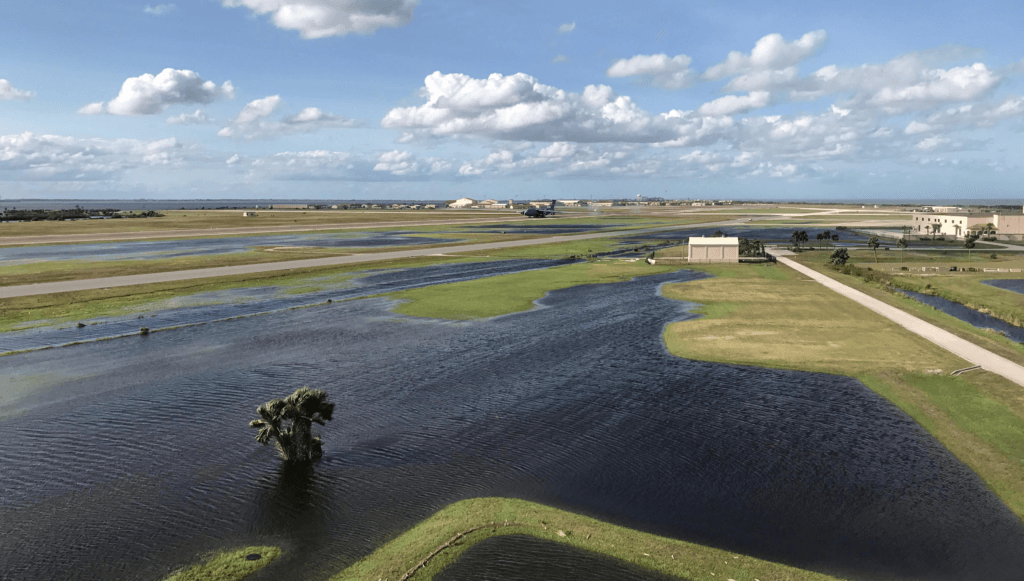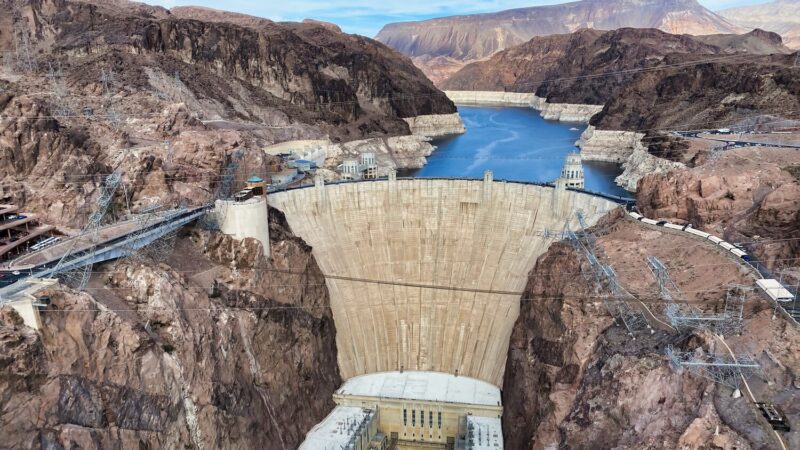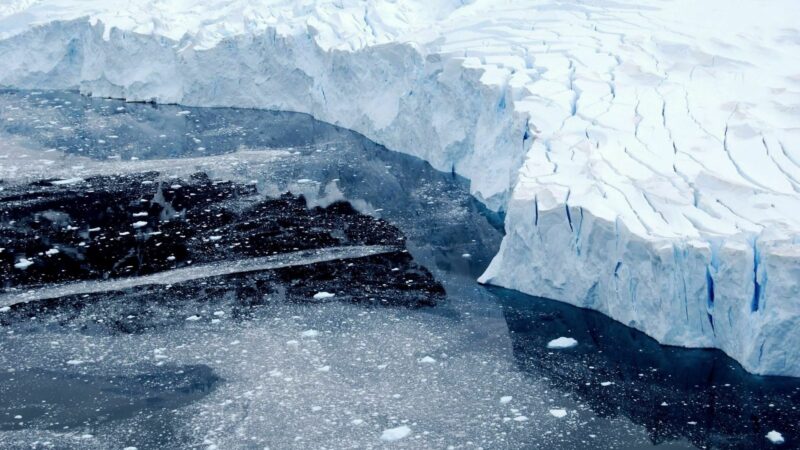
A crash course on climate change at La Brea Tar Pits
The events, collectively titled A Climate Series for the Ages, seek to open a dialogue between the Los Angeles community and professors, authors, researchers and experts focused on the topic.…
Last week, La Brea Tar Pits and Museum and UCLA Institute of the Environment and Sustainability held the first installment in a live-streamed, four-night series on climate change, how people can fight it and what humanity needs to do to adjust to the changes that are already underway.
The events, collectively titled A Climate Series for the Ages, seek to open a dialogue between the Los Angeles community and professors, authors, researchers and experts focused on the topic.
The series actively engages audiences in expert conversations with live polling and other interactive elements, said Colin O’Brien-Lux, outreach and events manager at UCLA. It includes question-and-answer sessions, open-ended dialogues and keynote conversations, with the goal of opening new narrative fronts on climate change at a time when wildfires are raging in the western United States, while the Caribbean and southeast U.S. are still reeling from hurricanes Harvey, Irma and Maria. (Scientists have projected a rise in such extreme weather and wildfires under climate change.)
Peter Kareiva, director of UCLA’s Institute of the Environment and Sustainability, said that while climate “hoaxers” are in decline, not enough action has been taken to solve the problem.
“The latest Pew polls show clearly that a minority of Americans think both that climate change is caused by humans and is so severe that it warrants immediate action,” Kareiva said.
Covered topics are: “Climate Change Cliff Notes,” “Earth & Human Climate History,” “A Tale of Two Cities: Los Angeles & Beijing,” and “Imagining Futures for a Hotter Planet.”
The first event took place on October 5 and featured a panel including Michael Mann, author of The Madhouse Effect, UCLA climate scientist Daniel Swain and University of Southern California professor of earth science Sarah Feakins. (You can watch the full program here.)
Next up, on October 19, a history-focused conversation with a game show motif will be held with Emily Lindsey, assistant curator at La Brea Tar Pits and Museum, and Agustín Fuentes, professor and anthropology chair at University of Notre Dame.
On November 2, UCLA professors Alex Hall, Brad Shaffer and Alex Wang talk specifics about how climate change could affect two of the world’s megacities—Beijing and Los Angeles.
And finally, on November 16, the focus shifts to environmental storytelling, with poet Rita Wong, media artist and New York University professor Marina Zurkow, KCET chief creative officer Juan Devis and Natale Zappia, professor of American history at Whittier College.
David Schlais, head of strategic initiatives at IoES, said that he would like attendees to leave with all of their climate change questions answered and equipped with stories and information that resonates with them. With that, they can become climate change messengers to their friends, communities and extended families.
Advance reservations have closed, but tickets to the events will be available at the door starting at 6 p.m. on each evening. The events will also be livestreamed to the Tar Pits’ Facebook page starting at 6:30 p.m. UCLA’s O’Brien-Lux said he hopes those who tune in will teach others about “the existential crisis of the 21st century.”
MAIN IMAGE: Patrick Air Force Base took on water from the heavy rain after Hurricane Irma passed over Central Florida on September 11, 2017. (U.S. Air Force photo/1st Lt. Stephen Collier)
Published:



